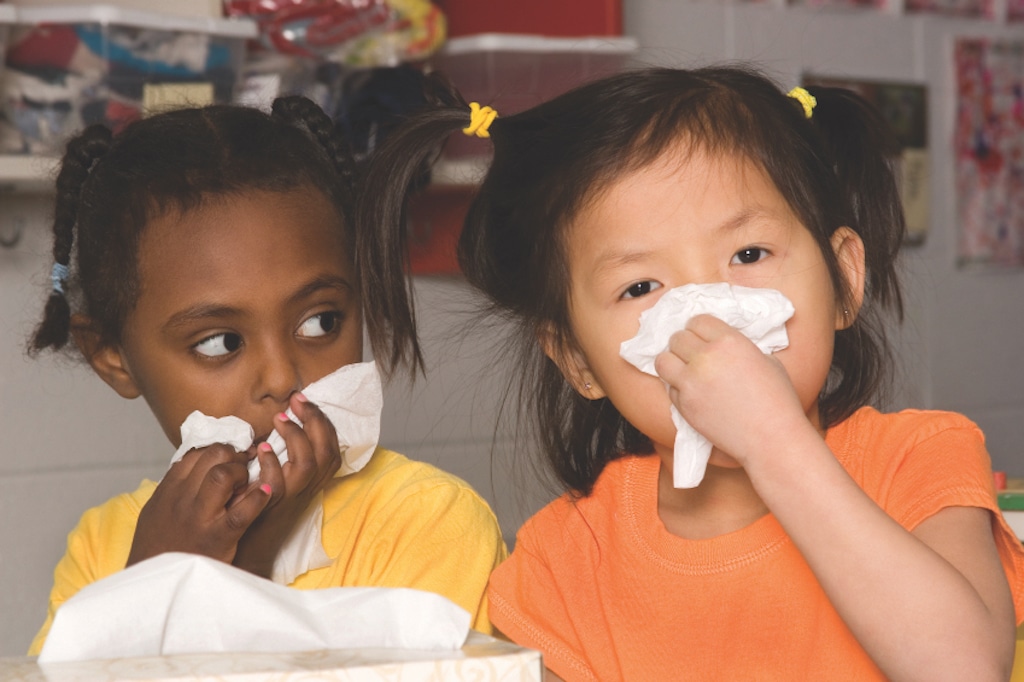Arizona’s New Paid Sick and Safe Days Law Recognizes All Families

As our communities are processing the election results, many are afraid of losing access to basic needs, being separated from loved ones, and experiencing further cultural isolation. Remaining connected to family during these frightening and uncertain times is critical. Family consists of more than the people we’re biologically or legally related to: our families are made up of the loved ones who share in our joys and who are there with us through our challenges. A Better Balance (ABB) and Family Values @ Work (FV@W) are working hard with national and state partners to pass laws that recalibrate definitions of family to match our lived realities, and we’re making progress in this area—not a moment too soon.
On November 8th, voters in Arizona passed—by a three-to-two margin—a statewide paid sick & safe days ballot initiative that will guarantee workers the right, beginning on July 1, 2017, to earn paid days off for their health needs or to navigate domestic violence. Workers can also use their paid sick and safe days under the law to care for a family member who is sick or is experiencing domestic violence. ABB and FV@W worked closely with the Arizona campaign to support an inclusive family definition. “Family” is defined in the law to include: children; parents; parents of a spouse or domestic partner; spouses; domestic partners; grandparents; grandchildren; siblings; and any other individual whose close relationship with the worker is the equivalent of a family relationship. This coverage of “close relationships” recognizes that many workers have “chosen family,” or family-like relationships with loved ones even absent a legal or biological relationship. Arizona’s law marks the first statewide paid sick and safe days law that covers all families through this inclusive “family” definition (and joins four localities, including Los Angeles and Chicago).
Although the Arizona law covers all family formations and benefits all workers, marginalized communities—who have lower than average access to paid sick and safe days and who are historically excluded from many public policies—have the most to gain. Here’s a snapshot of the individuals and families who will now benefit from the Arizona law and its inclusive definition of family (recognizing that the populations described below are not mutually exclusive, and many individuals face marginalization).
In Arizona, there are:
● Over 96,000 multi-generational households (those with three or more generations), a rate that is higher than the national average. National trends show that communities of color have higher rates of families living in multi-generational households.
● Approximately 896,310 immigrant individuals, who have a variety of family, household, and caregiving arrangements. Significant portions of immigrant communities in Arizona are Latinx and API (Asian and Pacific Islander).
● Nearly 120,000 LGBTQ workers, and research shows that LGBTQ Americans are more likely to depend on chosen families. It’s especially important to note that transgender individuals with families have startling levels of economic insecurity; for example, the National Transgender Discrimination Survey shows that 14% of transgender individuals in Arizona live in households with an income of $10,000 or less.
● Approximately 17,350 individuals who are known to be living with HIV/AIDS, many of whom rely on care from loved ones. In Arizona, rates of HIV/AIDS disproportionately impact American Indian and Black communities.
● More than 1.1 million individuals age 65 or older (16.4% of Arizona’s total population), a growing age group that will increasingly rely on unpaid eldercare from family members—including biological, legal, and chosen family.
● At least 138,000 children whose parent the state has incarcerated at some point in their childhood, higher than the national average. Incarceration of parents may require that additional extended and chosen family members chip in to help care for these children. In Arizona, Black individuals are disproportionately arrested by the state, representing 13.7% of all individuals incarcerated in Arizona facilities while only comprising 4.8% of the total population of Arizona.
● In addition, there are clear links between homelessness and both job loss and domestic violence. In Arizona, job loss is the top cause of homelessness for individuals; laws that promote job security and attachment, like the new paid sick and safe days law, are important to maintaining housing stability. Domestic violence is also a main cause of homelessness for women in Arizona, who are four times more likely than men to cite family violence as a cause of homelessness. The new right to earn paid time off for needs related to domestic violence will provide crucial security to victims and survivors of violence.
The new paid sick and safe day law in Arizona will help provide these communities with economic stability during times of illness and domestic violence. All of these communities will also be impacted by the new political landscape in the United States, since governmental resources face uncertain restructuring. So in addition to ensuring that Arizona workers know their rights around accessing their paid sick and safe days in 2017, we must build relationships across our different communities to continue fighting for policies that support all families—recognizing the many different ways families love and provide care for each other. We need our chosen families more than ever now, as access to basic needs, crucial safety net programs, and our livelihoods face potential new threats.
by Preston Van Vliet, National Campaign Organizer of A Better Balance’s joint LGBTQ Work-Family Project with Family Values @ Work